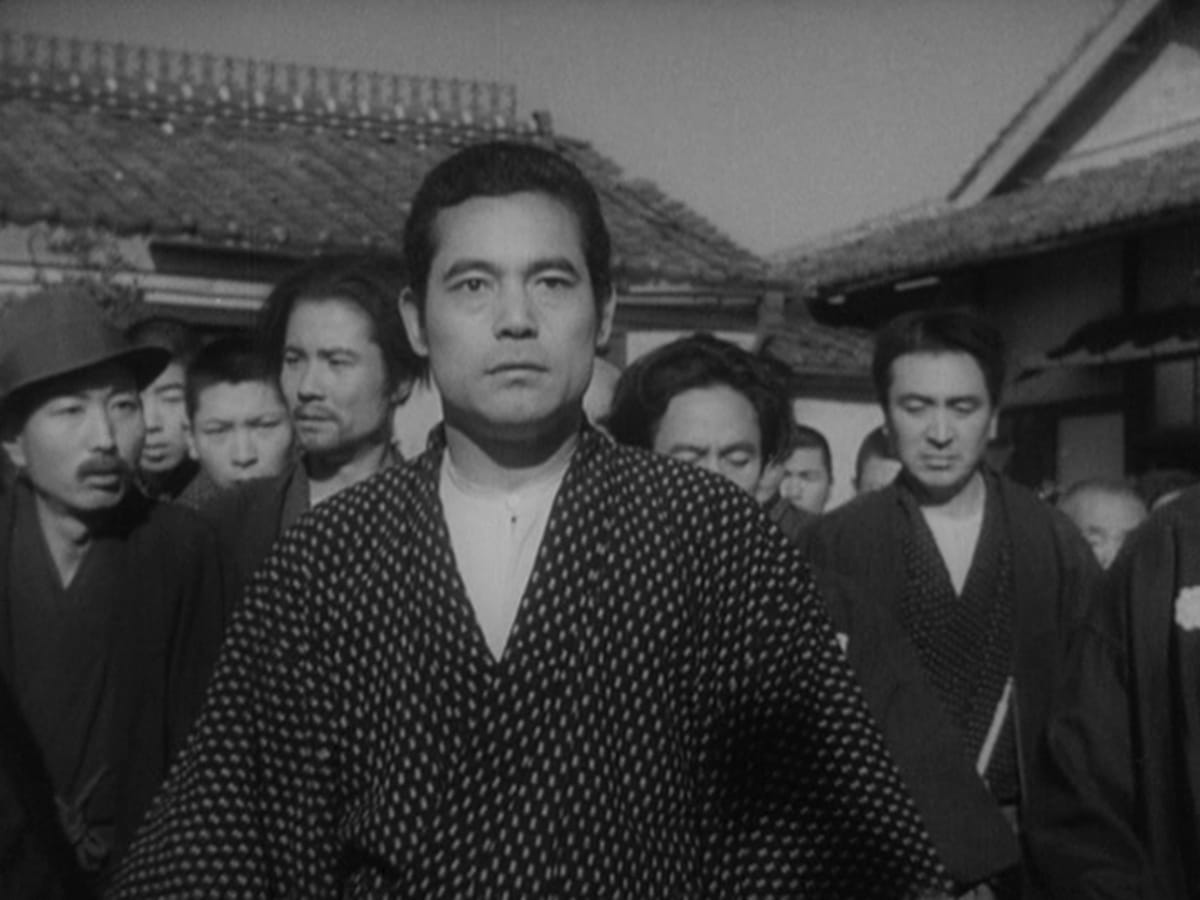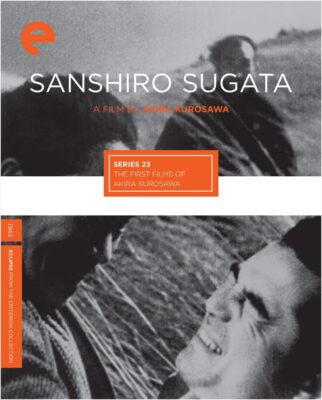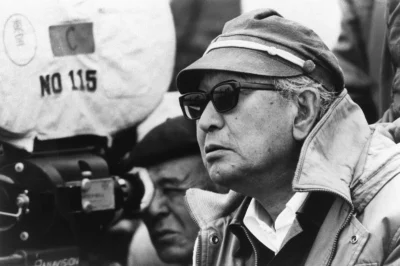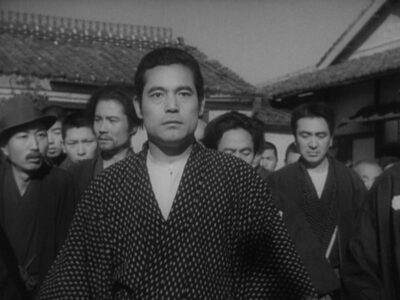Sanshiro Sugata (film screening)

- This event has passed.
August 20th, 2025 @ 6:00 pm - 7:20 pm EDT
Details » Click here to register »

 Sanshiro Sugata
Sanshiro Sugata
姿三四郎
Wednesday, August 20, 6:00PM (ET)
Doors open 5:30PM | Film Screening | In-Person | JFT Event Hall
Directed by KUROSAWA Akira • 1943 • 79 minutes • Presented in Japanese with English subtitles • Trailer
The directorial debut of KUROSAWA Akira, Sanshiro Sugata is based on the novel of the same name written by TOMITA Tsuneo, the son of TOMITA Tsunejirō, one of the earliest disciple of judo. It follows the story of Sanshiro, a talented though willful youth, who travels to the city in order to learn Jujutsu. However, upon his arrival he discovers a new form of self-defense: Judo.
A spirited tale of a young judo student’s moral and physical awakening, Sanshiro Sugata offers a unique glimpse into the formation of Kurosawa’s visual style and philosophical concerns. The film was quite influential at the time, and has been remade five times. It spawned a sequel, Sanshiro Sugata Part II (1945), also directed by Kurosawa.
Sanshiro Sugata is part of our Body & Soul: Japanese Sports Cinema series.
Free admission. Register below.
 Director Profile:
Director Profile:
KUROSAWA Akira (黒澤 明, 1910–1998) is one of the most influential directors in the history of cinema. With a career spanning over five decades, he is best known for his epic storytelling, innovative editing techniques, and humanistic themes. Kurosawa began his directing career during World War II, making his debut with Sanshiro Sugata (1943). Even in this early work, his signature themes—inner conflict, ethical growth, and the tension between tradition and modernity—are vividly present.
Kurosawa’s later masterpieces, such as Rashomon (1950), Ikiru (1952), Seven Samurai (1954), and Throne of Blood (1957), earned him international acclaim and deeply influenced generations of filmmakers worldwide. After the 1960s he became less prolific; even so, his later work – including two of his final films, Kagemusha (1980) and Ran (1985) – continued to receive great acclaim. In 1990, he received the Academy Award for Lifetime Achievement. His ability to translate deeply Japanese stories into universally resonant cinema made him a global ambassador for postwar Japanese film.

